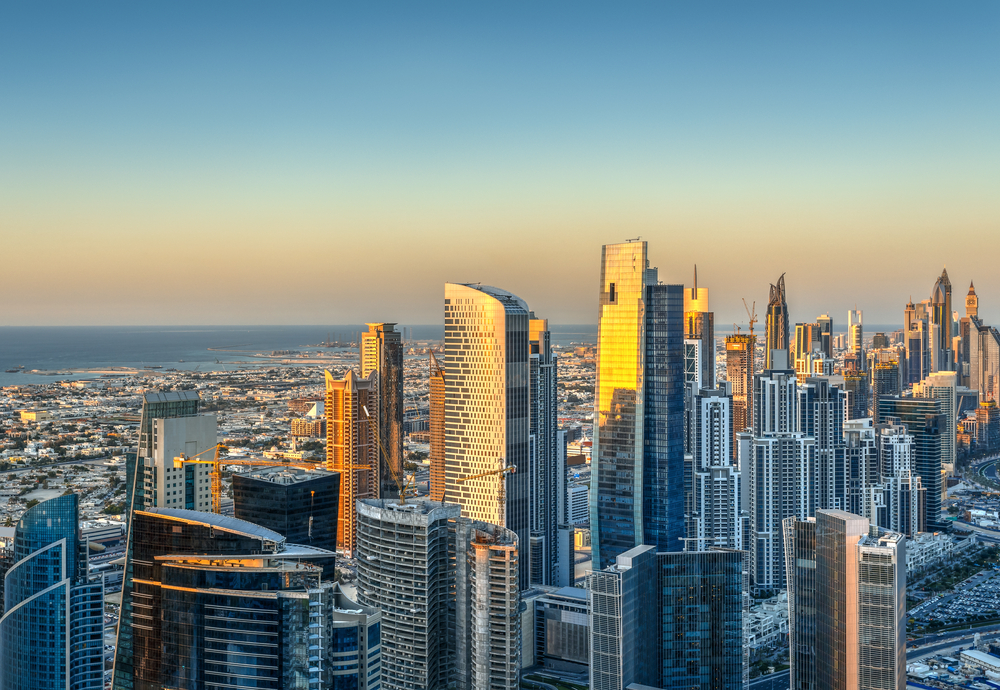Real estate, a significant constituent of the global economic structure, has always been a lucrative investment avenue. Among all the global cities renowned for their real estate markets, Dubai stands out for its strategic geographical location, robust economic growth, and investor-friendly policies. The city’s real estate sector is a lucrative field, offering an array of opportunities for both local and international investors. This article will explore the benefits of investing in Dubai’s real estate, the types of real estate available, and where to find these properties.
Benefits of Real Estate in Dubai
Investing in Dubai’s real estate industry presents numerous benefits. Firstly, Dubai provides a high return on investment (ROI), outperforming other popular real estate markets like London and New York. The rental yields in Dubai are significantly higher, making it an attractive option for investors seeking a steady income stream.
Secondly, the city’s strategic location serves as a global hub, connecting the East and the West, which heightens its investment appeal. Thirdly, Dubai’s government has implemented investor-friendly policies, including the allowance of 100% foreign property ownership and the provision of long-term visas for property investors, making it a conducive environment for foreign investments.
Moreover, the city’s consistent economic growth, stability, and world-class infrastructure make the investment secure and profitable. Lastly, Dubai offers a luxurious lifestyle with a high quality of life, making it not only an excellent place for investment but also for living.
Types of Real Estate in Dubai
The diversity in Dubai’s real estate market caters to a wide range of preferences and budgets. Residential real estate is the most common type, ranging from apartments, villas, townhouses, to luxury penthouses. These properties are spread across the city in various communities, each offering a unique lifestyle and amenities.
Commercial real estate is another significant category, comprising office spaces, retail outlets, warehouses, and industrial properties. These commercial spaces are located in business hubs like Business Bay, Downtown Dubai, and Jebel Ali.
Investors also have the option of investing in off-plan properties, which are sold by developers before they’re constructed. This type of investment promises high returns as properties are often sold at a lower price during the pre-construction phase.
In addition, Dubai also offers freehold properties, where investors from any nationality can have full ownership of the property and the land on which it stands.
Where to Find Real Estate in Dubai
Dubai’s real estate is strategically spread across the city, catering to various lifestyles and budgets. For those seeking a luxurious lifestyle, areas like Palm Jumeirah, Burj Khalifa, and Jumeirah Beach Residence offer high-end properties with stunning views and world-class amenities.
For those looking for a serene, family-friendly environment, communities like Arabian Ranches, The Springs, and Al Barari provide villas and townhouses surrounded by green spaces. For commercial investors, areas like Business Bay, Downtown Dubai, and DIFC offer prime office spaces and commercial properties.
Real estate agencies and online property portals are the best sources to find real estate in Dubai. These platforms provide a comprehensive list of available properties, detailed information, location advantages, and price comparisons, making the search process easier and efficient.
Dubai’s real estate market presents a profitable investment opportunity, thanks to its high ROI, investor-friendly policies, and diverse property types. The city offers a wide range of properties to cater to different preferences and budgets, all within a robust and stable economy. Whether you’re a local or foreign investor, residential or commercial, there’s a piece of the Dubai real estate market that’s perfect for you. With the right guidance and a well-thought-out investment strategy, investing in Dubai’s real estate can lead to substantial financial growth.


